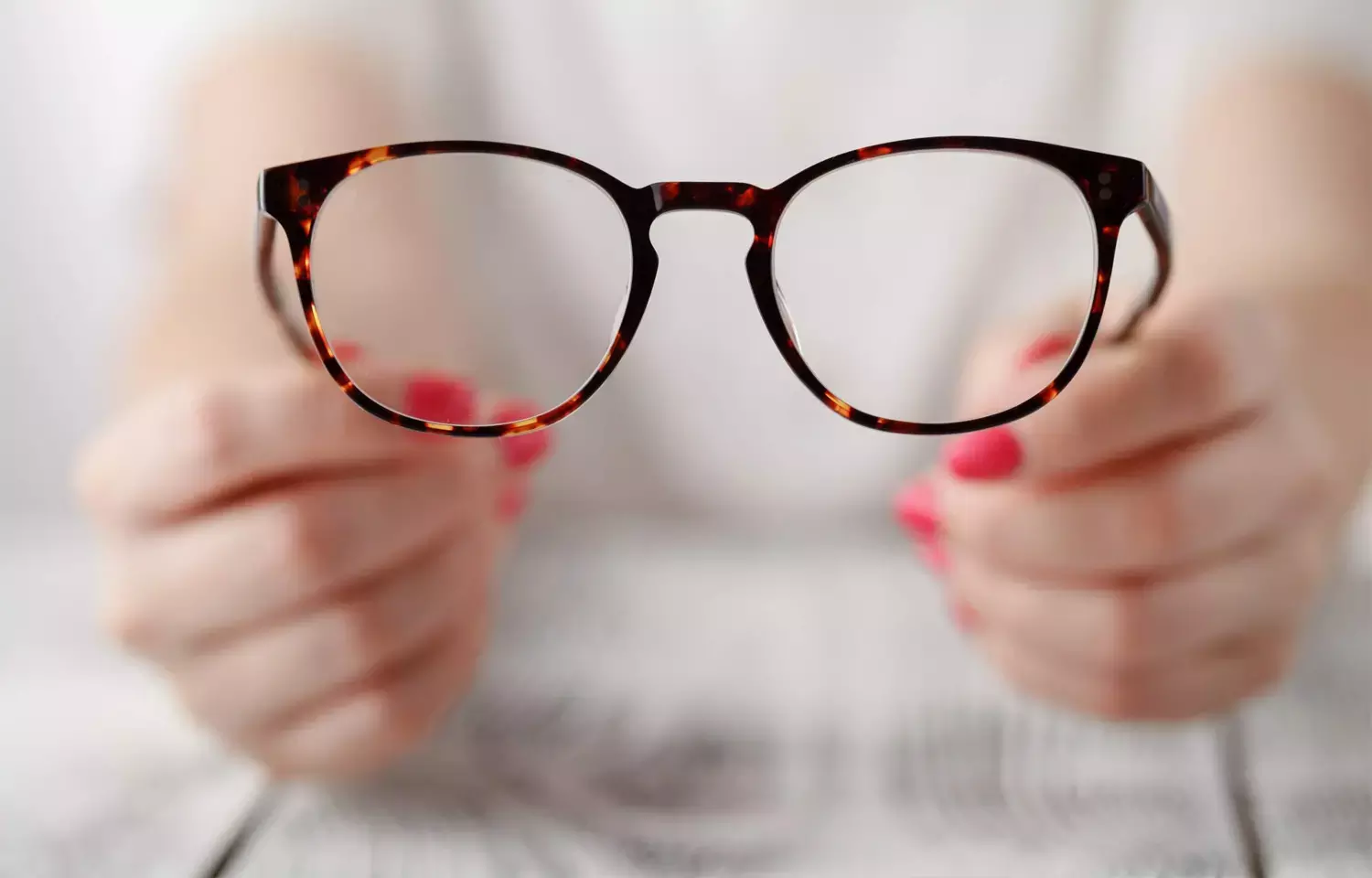- Home
- Medical news & Guidelines
- Anesthesiology
- Cardiology and CTVS
- Critical Care
- Dentistry
- Dermatology
- Diabetes and Endocrinology
- ENT
- Gastroenterology
- Medicine
- Nephrology
- Neurology
- Obstretics-Gynaecology
- Oncology
- Ophthalmology
- Orthopaedics
- Pediatrics-Neonatology
- Psychiatry
- Pulmonology
- Radiology
- Surgery
- Urology
- Laboratory Medicine
- Diet
- Nursing
- Paramedical
- Physiotherapy
- Health news
- Fact Check
- Bone Health Fact Check
- Brain Health Fact Check
- Cancer Related Fact Check
- Child Care Fact Check
- Dental and oral health fact check
- Diabetes and metabolic health fact check
- Diet and Nutrition Fact Check
- Eye and ENT Care Fact Check
- Fitness fact check
- Gut health fact check
- Heart health fact check
- Kidney health fact check
- Medical education fact check
- Men's health fact check
- Respiratory fact check
- Skin and hair care fact check
- Vaccine and Immunization fact check
- Women's health fact check
- AYUSH
- State News
- Andaman and Nicobar Islands
- Andhra Pradesh
- Arunachal Pradesh
- Assam
- Bihar
- Chandigarh
- Chattisgarh
- Dadra and Nagar Haveli
- Daman and Diu
- Delhi
- Goa
- Gujarat
- Haryana
- Himachal Pradesh
- Jammu & Kashmir
- Jharkhand
- Karnataka
- Kerala
- Ladakh
- Lakshadweep
- Madhya Pradesh
- Maharashtra
- Manipur
- Meghalaya
- Mizoram
- Nagaland
- Odisha
- Puducherry
- Punjab
- Rajasthan
- Sikkim
- Tamil Nadu
- Telangana
- Tripura
- Uttar Pradesh
- Uttrakhand
- West Bengal
- Medical Education
- Industry
Can wearing glasses reduce COVID-19 infection risk? JAMA study provides insights

Sweden: A recent study published in the Journal of American Medical Association - Ophthalmology showed that wearing glasses was inversely associated with COVID-19 in an unadjusted analysis, but after adjusting for confounders the association was no longer identified.
Observational studies have shown that glasses can prevent people from contracting COVID-19 by reducing airborne and contact infections. Therefore, Rasmus Gregersen and his team conducted this study to examine the association between wearing one's own glasses and being infected with COVID-19 in adjusting to related confounders.
This cohort study was conducted in Denmark and Sweden during the first wave of the COVID-19 pandemic (June to August 2020). At that time, personal protective equipment was not recommended for the general public. Staff from Falk, an international rescue service with different roles (ambulance, office, medical, field service, fire brigade, roadside assistance) participated in this study. The main burden was wearing eyeglasses (including contact lenses and reading glasses) recorded in the questionnaire. A comparison was made between spectacle wearers and non-spectacle wearers. The primary endpoint was COVID-19 infection before or during the study period. The investigated hypotheses were formulated after the data were collected.
The major findings of this study were:
1. This study includes a total of 1279 employees in Denmark and 841 employees in Sweden. Of these, 829 (64.8%) in Denmark and 619 (73.6%) in Sweden wore eyeglasses.
2. Wearing glasses was inversely associated with her COVID-19 infection in the Swedish cohort, but not in the Danish cohort.
3. Given the age, gender, job description, and number of contacts during working days in Sweden, wearing eyeglasses were no longer associated with COVID-19 infection.
4. When stratified by occupation, there was a large difference among clerical workers, but not among rescue workers or medical workers.
In summary, unadjusted analyzes identified an inverse association between wearing eyeglasses and COVID-19 infection in Sweden, but not in Denmark. After adjusting for available confounders, the inverse relationship was no longer found, so there is no conclusive evidence whether wearing one's own glasses is associated with a reduced risk of COVID-19 infection.
Reference:
Gregersen, R., Jacobsen, R. K., Laursen, J., Mobech, R., Ostrowski, S. R., Iversen, K., & Petersen, J. (2022). Association of COVID-19 Infection With Wearing Glasses in a High-Prevalence Area in Denmark and Sweden. In JAMA Ophthalmology. American Medical Association (AMA). https://doi.org/10.1001/jamaophthalmol.2022.3234
Neuroscience Masters graduate
Jacinthlyn Sylvia, a Neuroscience Master's graduate from Chennai has worked extensively in deciphering the neurobiology of cognition and motor control in aging. She also has spread-out exposure to Neurosurgery from her Bachelor’s. She is currently involved in active Neuro-Oncology research. She is an upcoming neuroscientist with a fiery passion for writing. Her news cover at Medical Dialogues feature recent discoveries and updates from the healthcare and biomedical research fields. She can be reached at editorial@medicaldialogues.in
Dr Kamal Kant Kohli-MBBS, DTCD- a chest specialist with more than 30 years of practice and a flair for writing clinical articles, Dr Kamal Kant Kohli joined Medical Dialogues as a Chief Editor of Medical News. Besides writing articles, as an editor, he proofreads and verifies all the medical content published on Medical Dialogues including those coming from journals, studies,medical conferences,guidelines etc. Email: drkohli@medicaldialogues.in. Contact no. 011-43720751


